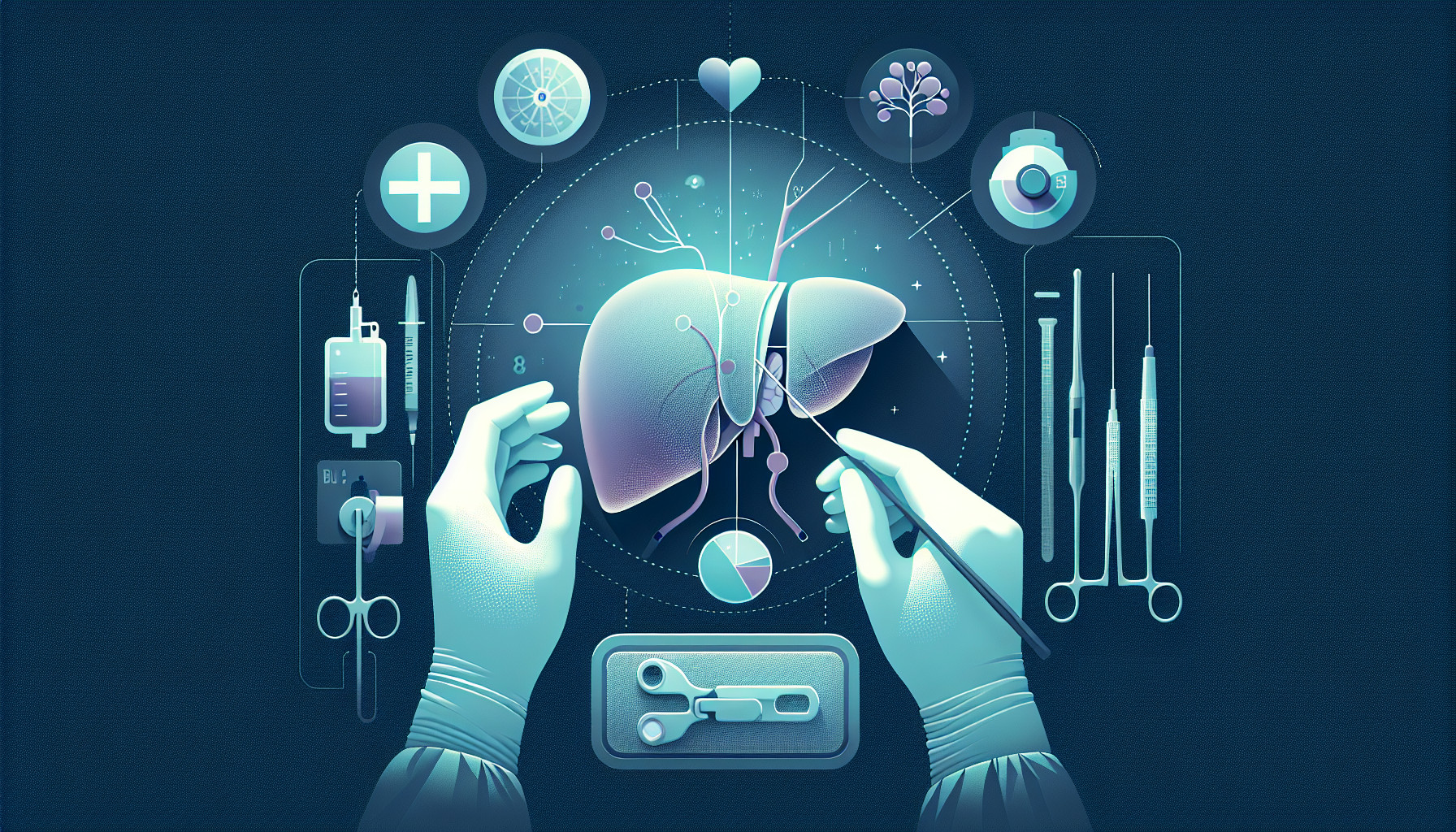Our Summary
This study looked at how pediatric liver transplant team members, like doctors, nurses, and mental health professionals, deal with the emotional toll of losing patients. The researchers surveyed 120 healthcare professionals from various transplant centers in the United States.
The most common form of support given to these professionals was debriefing, a process where they could discuss the patient’s death. However, only about half of the participants reported having this resource available to them. Despite this, almost all of them said that debriefing would be beneficial.
The study found that the level of emotional exhaustion and grief among the participants was, on average, similar to the typical level of these emotions. However, the way in which these emotions were dealt with varied depending on the person’s role in the transplant team. Participants who had access to debriefing reported less emotional exhaustion.
The study concluded that formal support for transplant team members dealing with patient death is not consistently provided. The team members were very open to the idea of debriefing, which has been shown to be beneficial in other contexts. The findings suggested that those who had access to debriefing coped better with their emotional stress.
FAQs
- What types of support are typically provided to pediatric liver transplant team members coping with patient death?
- How does the emotional exhaustion and grief experienced by these healthcare professionals compare to typical levels?
- How does access to debriefing affect the emotional exhaustion experienced by these professionals?
Doctor’s Tip
Therefore, if you are a patient undergoing a pediatric liver transplant, it may be helpful to ask your healthcare team about the emotional support resources available to them. Knowing that your medical team is well-supported emotionally can give you peace of mind and confidence in the care you are receiving. It’s important for both patients and healthcare professionals to have access to resources that help them cope with the emotional challenges of pediatric liver transplantation.
Suitable For
In terms of patients recommended for pediatric liver transplant, typically those with end-stage liver disease, acute liver failure, metabolic liver disease, and certain genetic disorders are considered for transplantation. Patients who are not responsive to medical therapy, have complications from their liver disease, or have a poor prognosis without a transplant may also be recommended for transplantation. Factors such as age, overall health, severity of liver disease, and potential for successful outcomes are taken into consideration when determining eligibility for a pediatric liver transplant.
Timeline
Overall, the timeline of what a patient experiences before and after a pediatric liver transplant can vary, but generally includes:
Before transplant:
- Diagnosis of liver disease
- Evaluation by a transplant team to determine eligibility for transplant
- Placement on the transplant waiting list
- Waiting for a suitable donor organ
- Pre-transplant testing and preparation
- Surgery to remove the diseased liver and replace it with a healthy donor liver
After transplant:
- Recovery in the hospital, which may include time in the intensive care unit
- Monitoring for signs of rejection or other complications
- Follow-up appointments with the transplant team for ongoing care and monitoring
- Rehabilitation and physical therapy to regain strength and function
- Adjusting to life with a new liver, including taking immunosuppressive medications to prevent rejection
Throughout this process, the patient and their family may experience a range of emotions, including fear, anxiety, hope, and gratitude. It is important for healthcare professionals to provide support and resources to help patients and their families navigate the challenges of the transplant journey.
What to Ask Your Doctor
Some questions a patient should ask their doctor about pediatric liver transplant may include:
- What is the success rate of pediatric liver transplants at this hospital?
- What are the potential risks and complications associated with pediatric liver transplant surgery?
- How long is the recovery process for a pediatric liver transplant?
- How will my child’s quality of life be affected after the transplant?
- What medications will my child need to take after the transplant, and are there any potential side effects?
- How often will my child need to follow up with the transplant team after the surgery?
- What support services are available for my child and our family during this process?
- Are there any long-term effects or considerations we should be aware of post-transplant?
- What can we expect in terms of ongoing care and monitoring for my child’s new liver?
- Are there any lifestyle changes or restrictions my child will need to follow after the transplant?
It is important for patients and their families to have open communication with their healthcare team and ask any questions they may have about the pediatric liver transplant process.
Reference
Authors: Duncan SE, Arnon R, DiPietrantonio C, Ehrlich K, Knight CS, Chu J, Annunziato RA. Journal: J Pediatr Gastroenterol Nutr. 2018 Aug;67(2):169-172. doi: 10.1097/MPG.0000000000001991. PMID: 29620594
